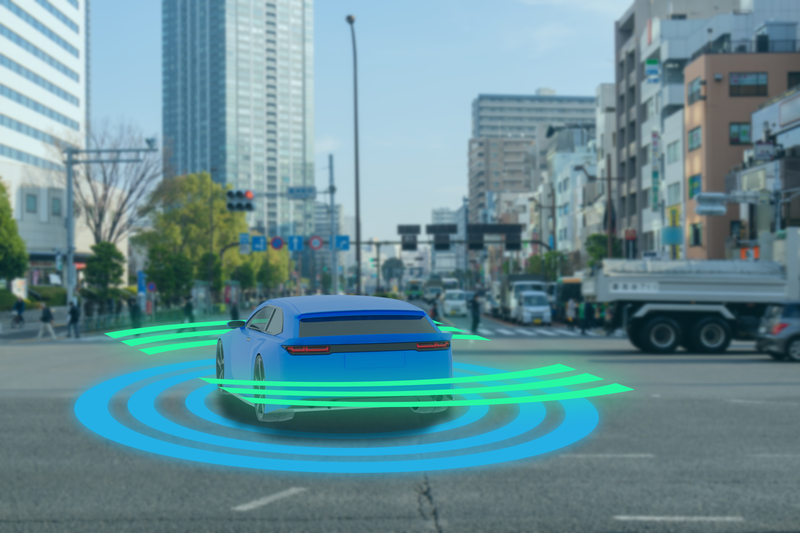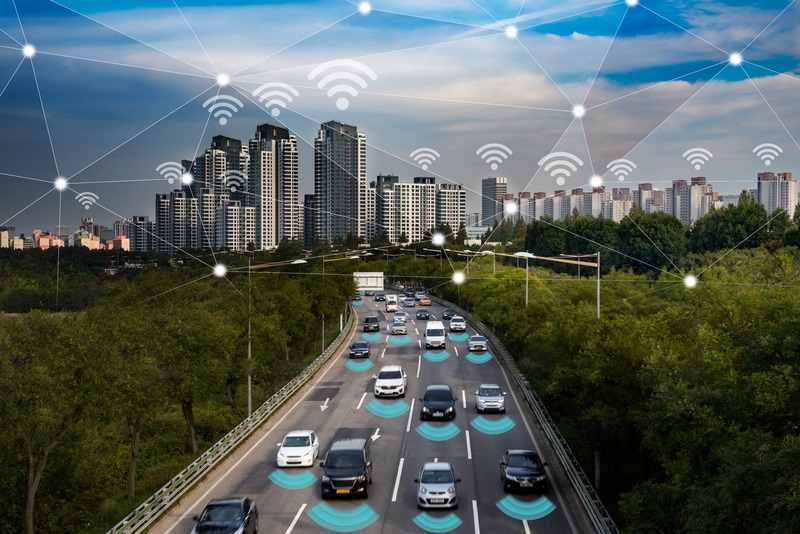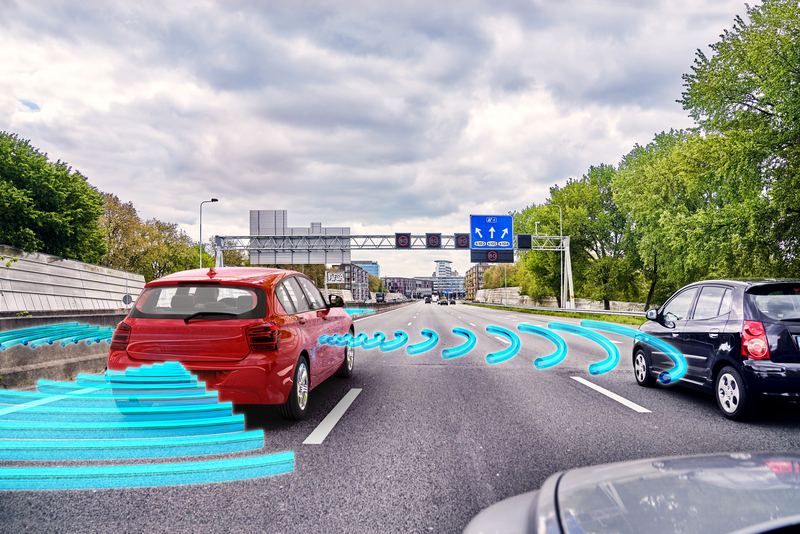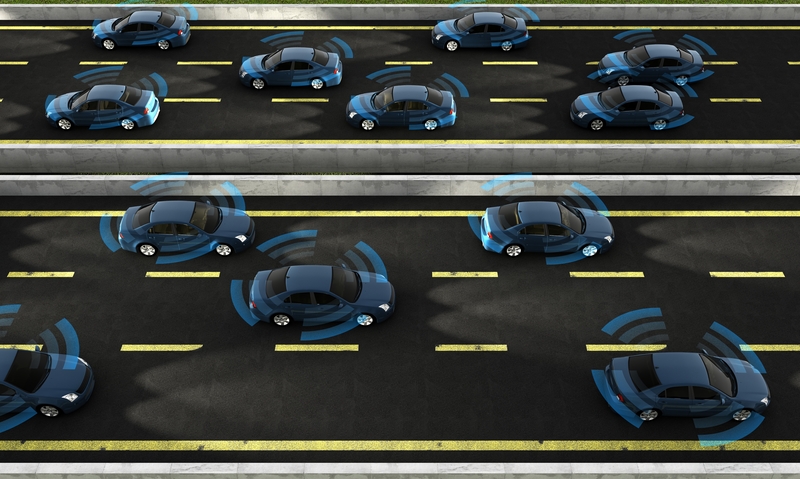
Artificial intelligence has cemented its place in the transport sector - and could be a key driver towards safety, according to a new report.
“AI will be a critical component of our transportation system, both now and into the future," says ITS America president & CEO Laura Chace.
The organisation has collaborated with Cambridge Consultants on The Impact of AI on Transportation and Mobility, which looks at how AI could reduce the 40,000 or so deaths on US roads each year, as well as examining its potential role in sustainability and equity.
“AI can be a key enabler to improving safety, providing more equitable mobility, delivering positive impacts on our environment, and increasing the economic output of our nation, but only if we are intentional about how we apply it," Chace adds.
The report is intended as a "roadmap for individuals and organisations considering deploying AI, and as a foundational building block on which the next generation of transportation progress will be delivered for all", the authors say.
It offers a "bold, optimistic vision for a transportation sector empowered by human-centred AI implementation", suggesting what responsible AI use should look like and summarising the regulatory environment around AI in the US.
Dr. Sinan Yordem, vice president of smart infrastructure, North America, at Cambridge Consultants, says: “AI holds incredible potential for the future of transportation in the US. We believe that this report offers actionable proposals as to how AI can be best implemented to make meaningful improvements towards real challenges faced by all transportation users, including those with the least mobility options.”
Those involved in the industry can now help shape the growth of AI transportation applications to achieve these goals, "while creating new markets and business models within the sector and boosting economic growth".
In September, ITS America and Cambridge Consultants released a National Digital Infrastructure Strategy Report to inform the US Department of Transportation of advances in digital technology to develop a safer, more sustainable and equitable transportation framework.












